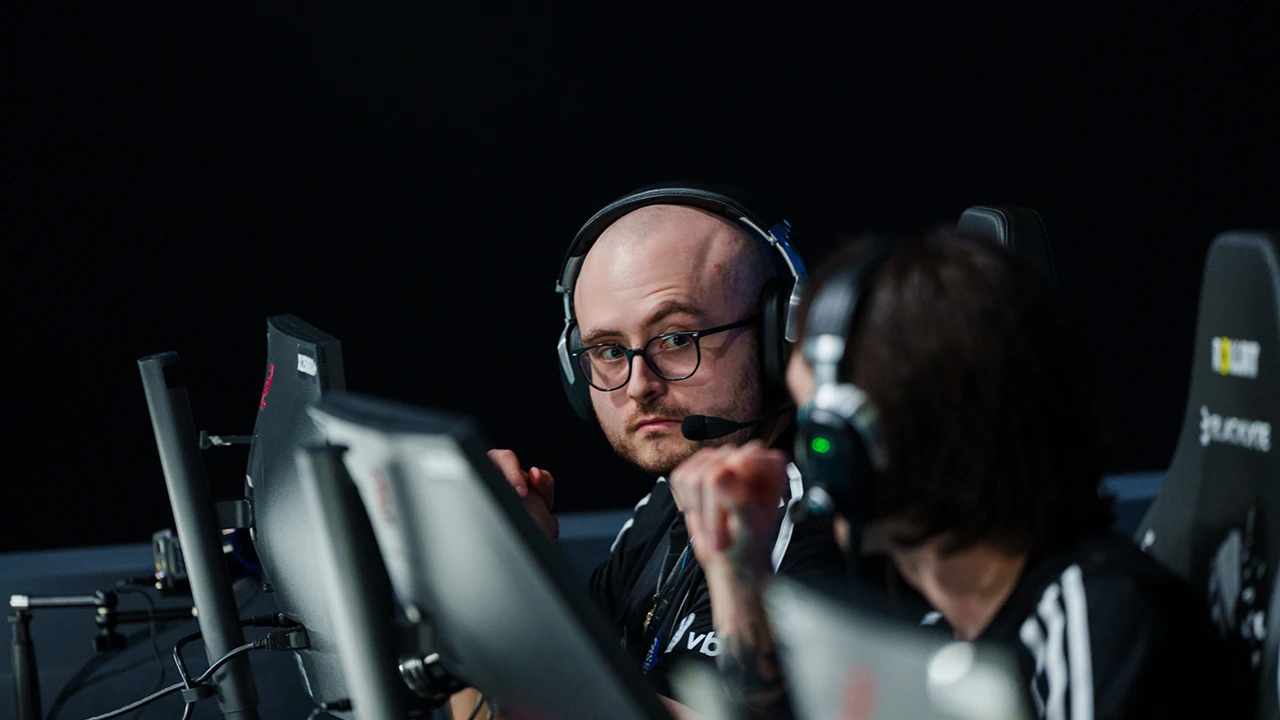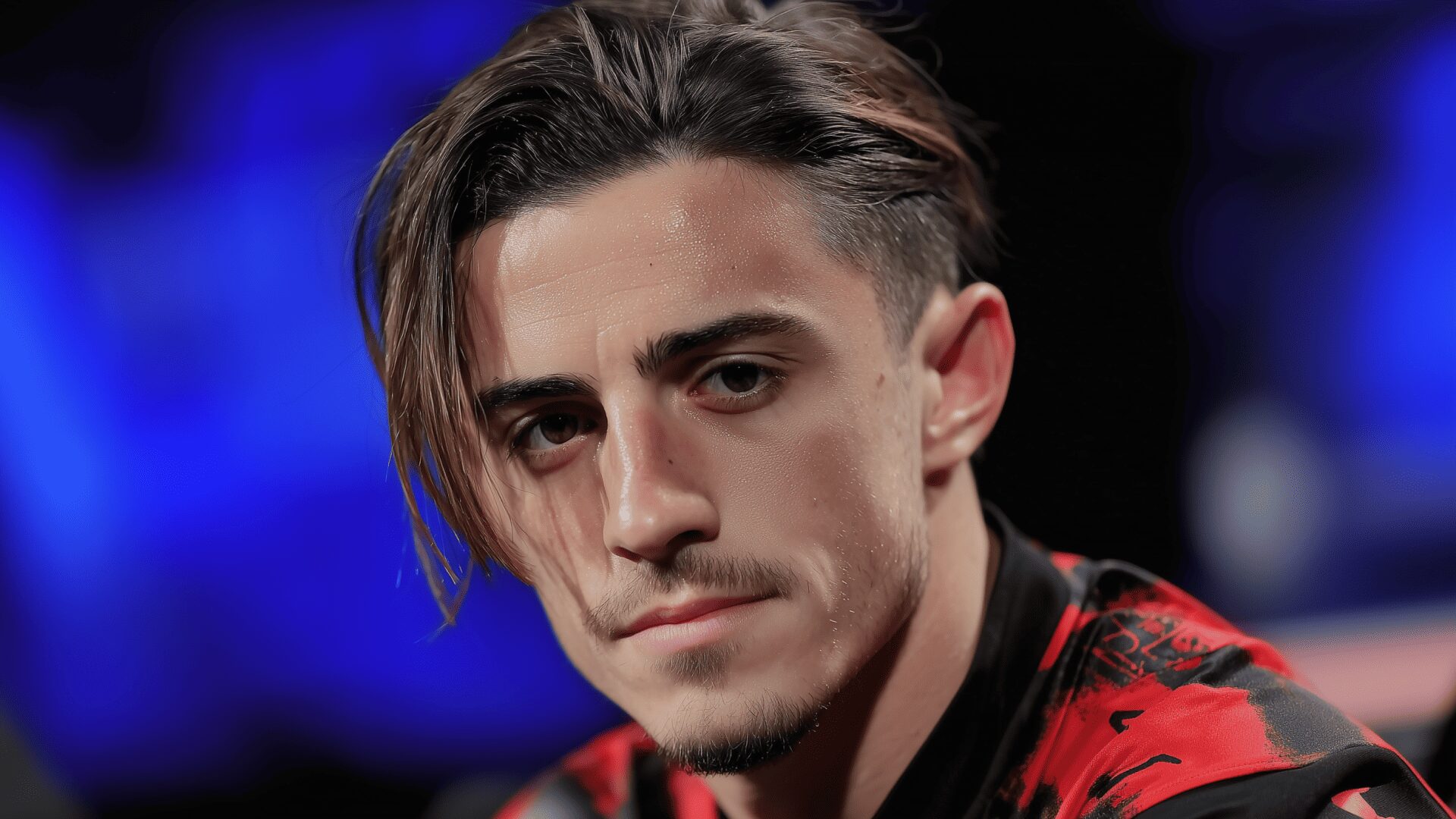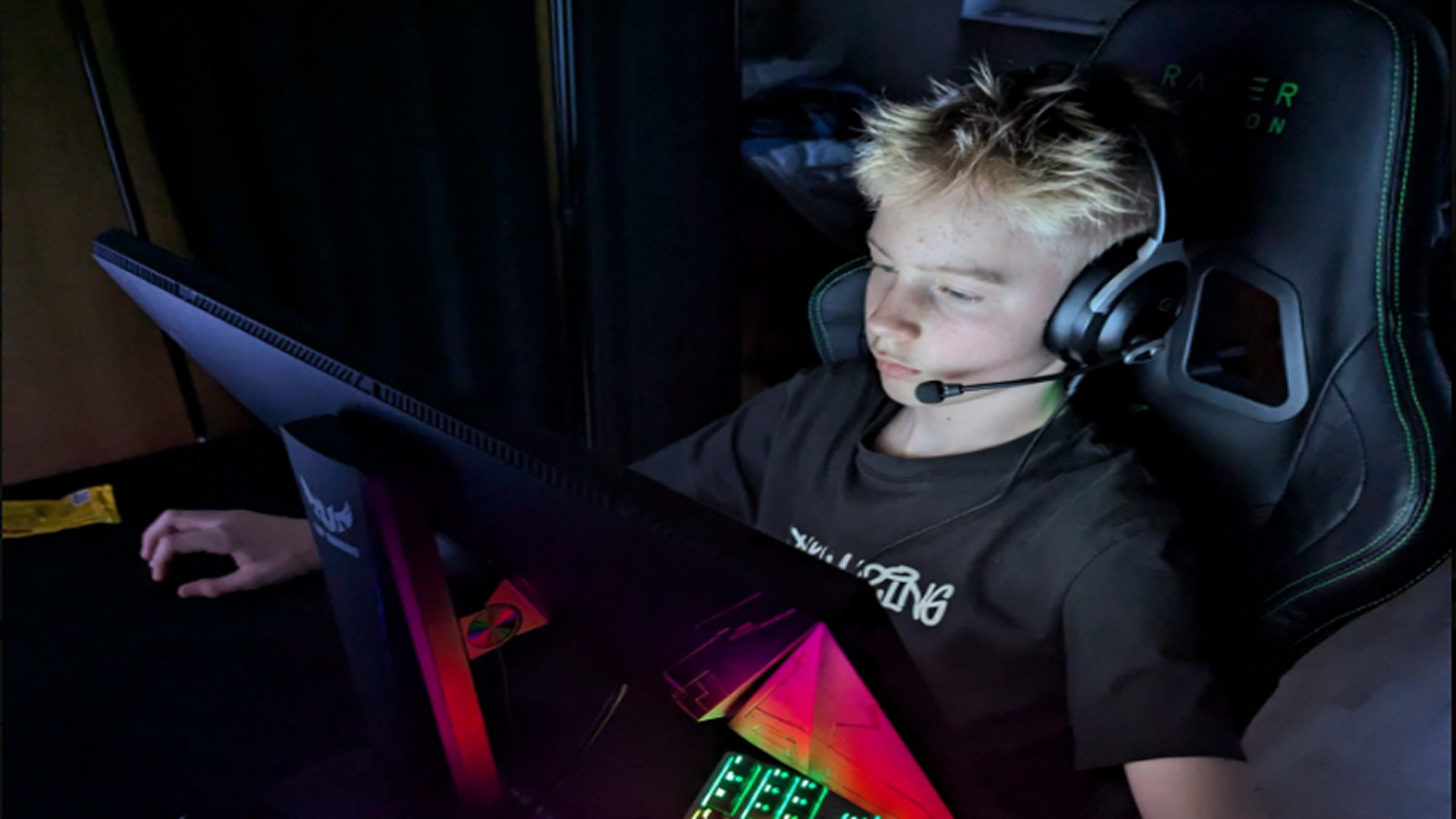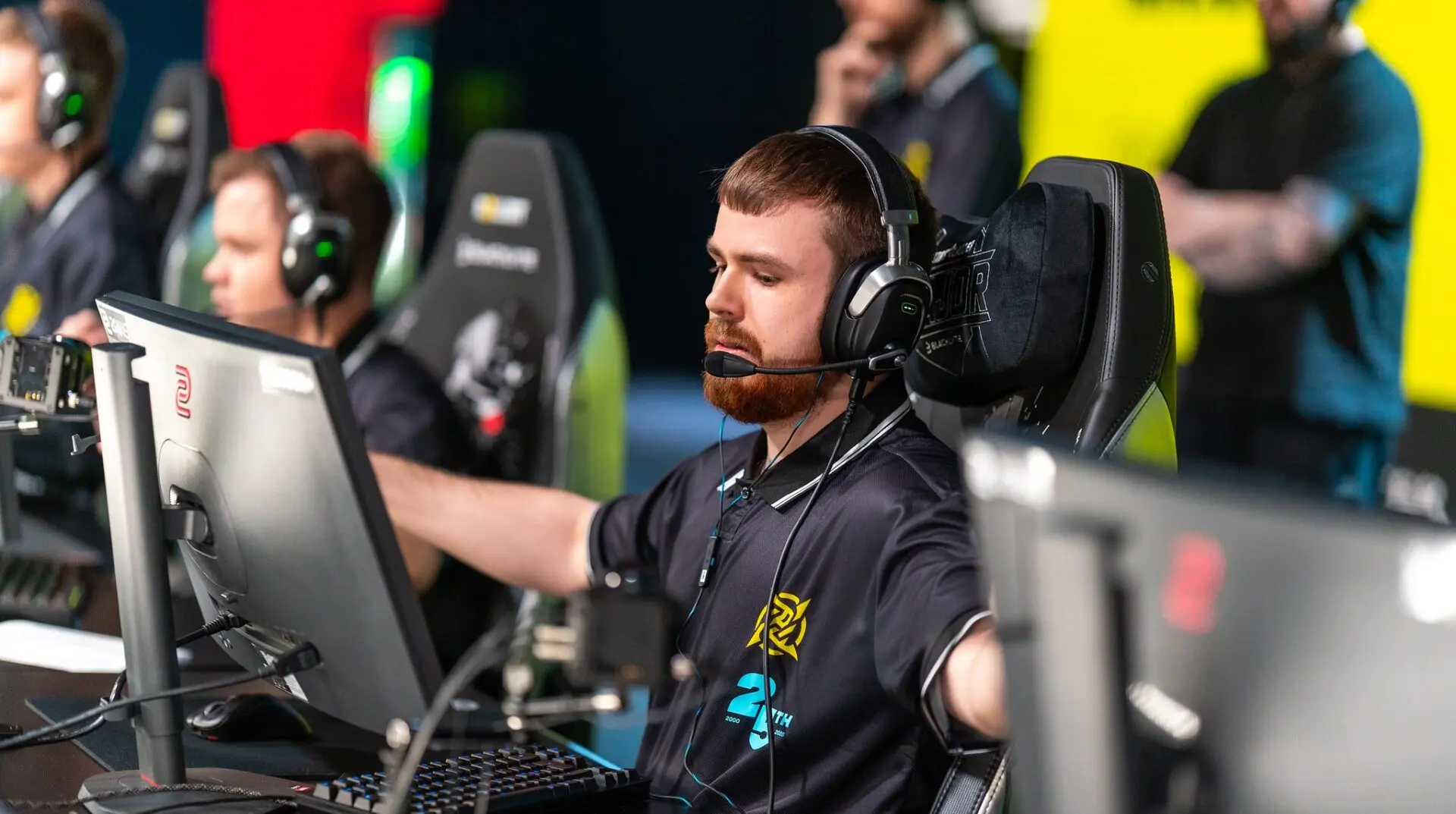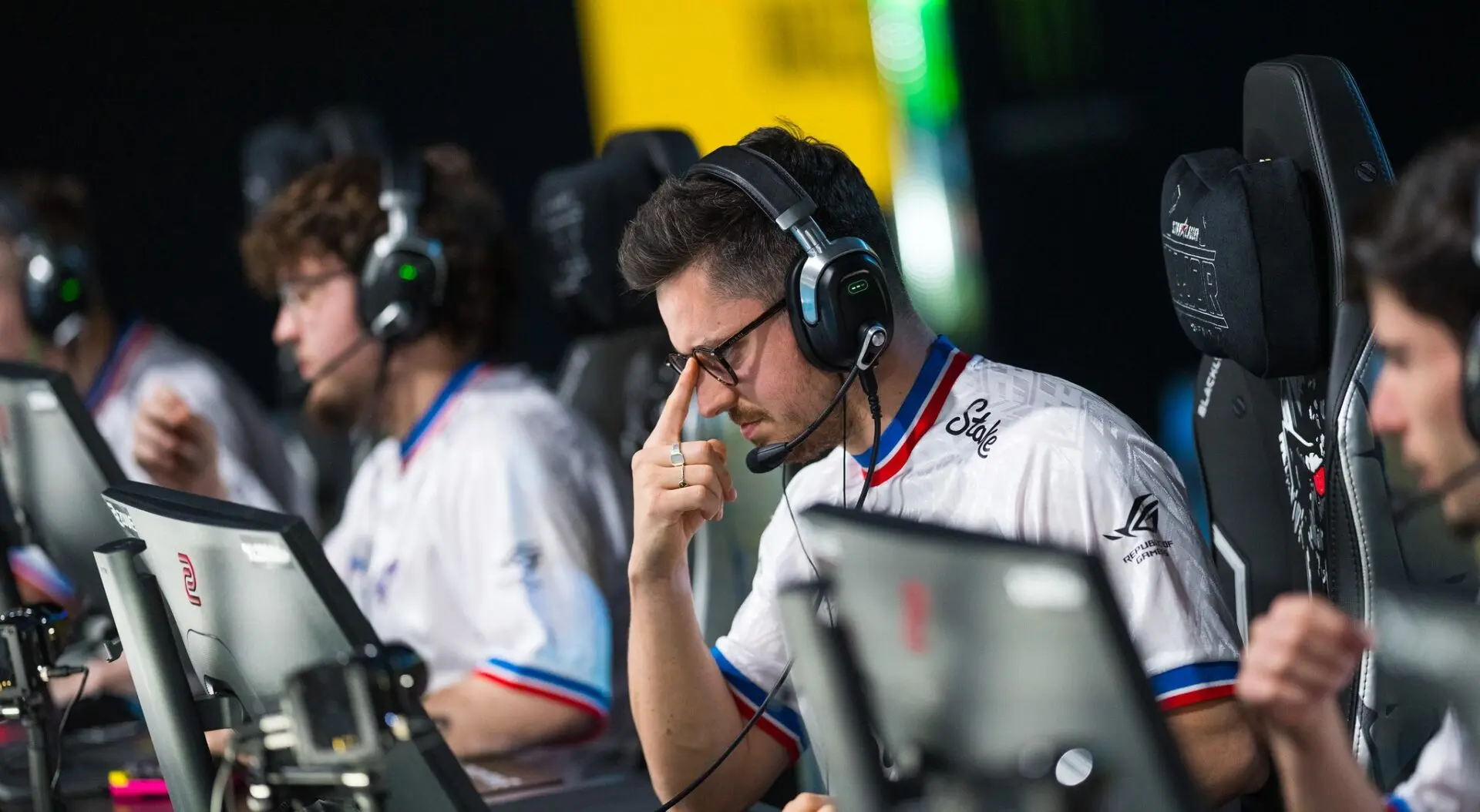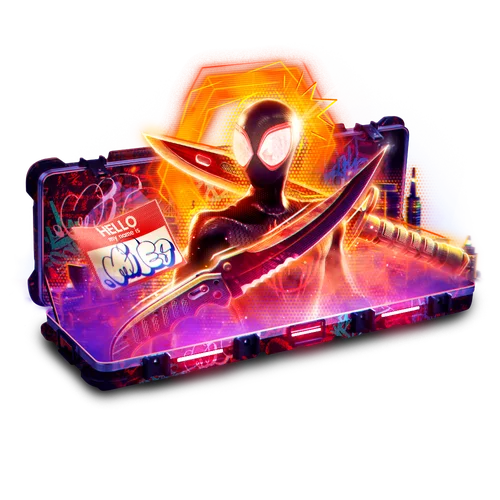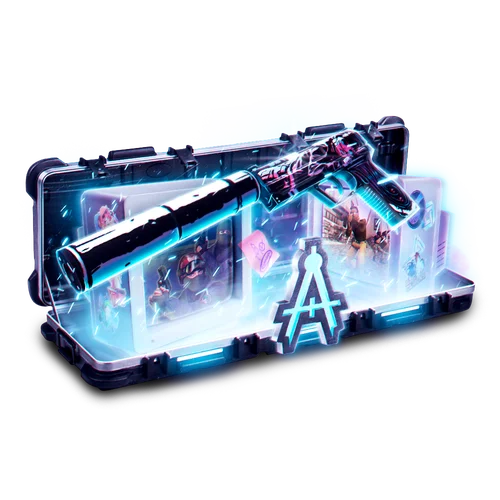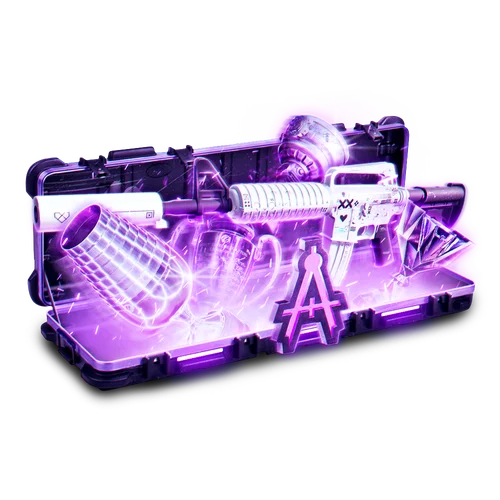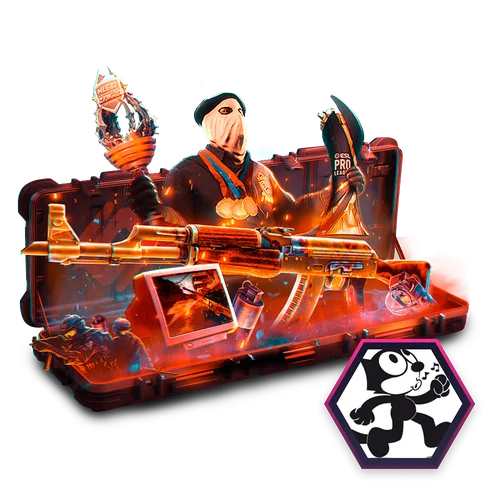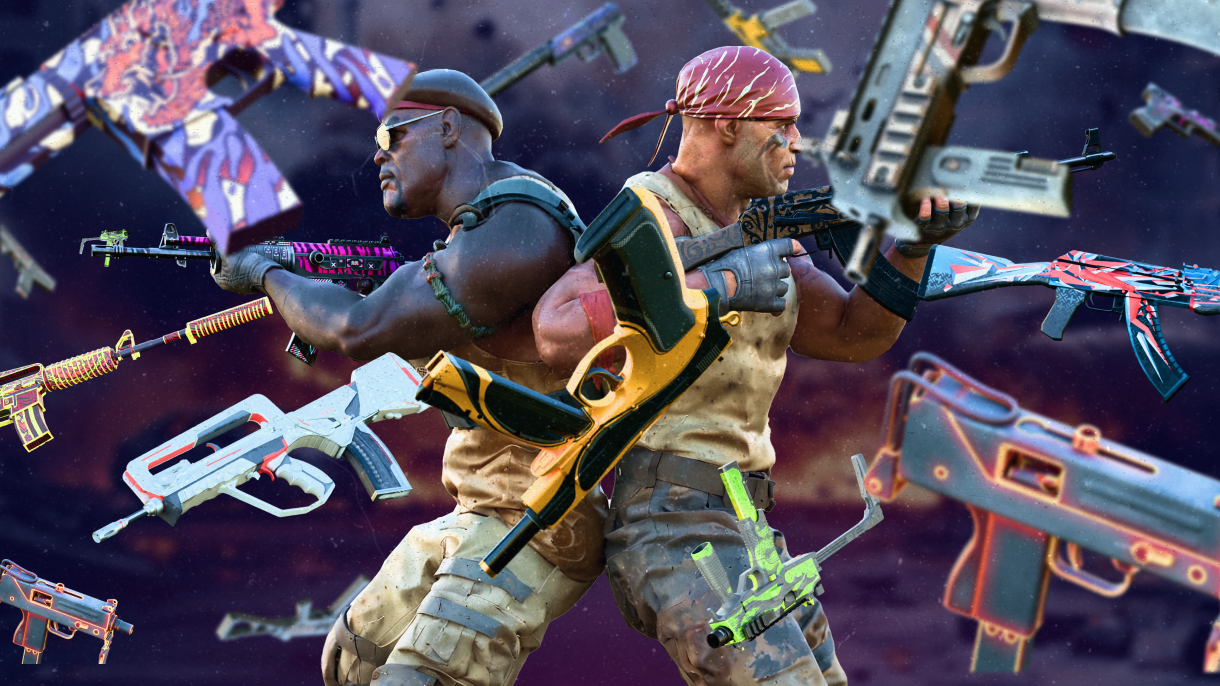Vladyslav “Kvem” Korol shared his thoughts on moving to the international roster of Passion UA. Despite the language barrier and new roles on maps, the Ukrainian admitted he preferred playing rather than sitting as a substitute, and is now gradually getting used to the new environment.
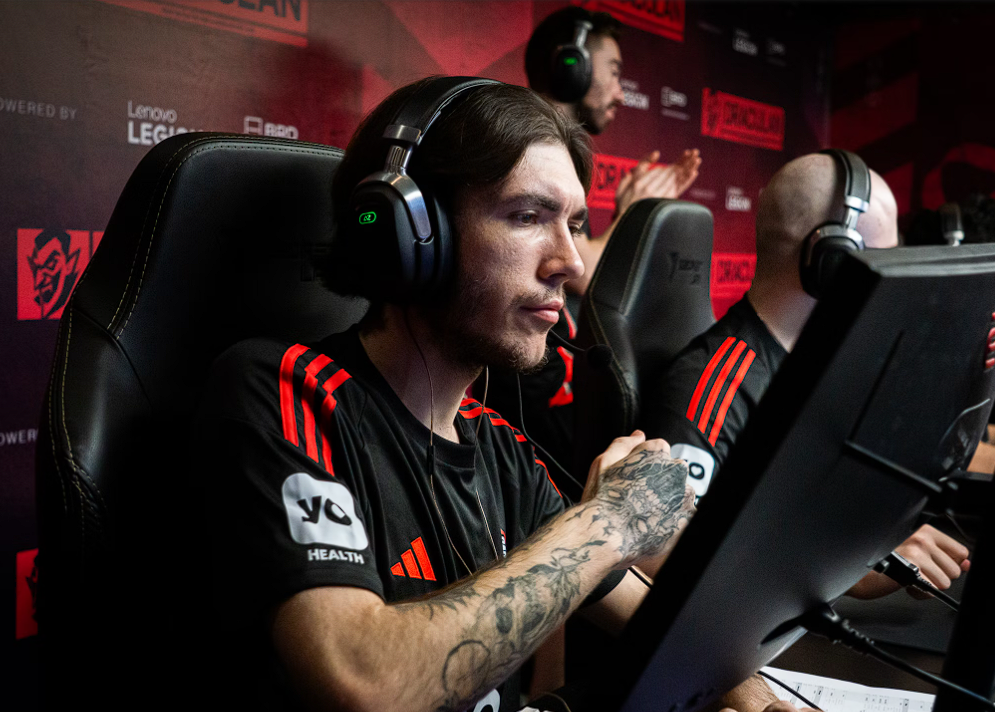
THE TRANSFER STORY
In August, Passion UA made a surprising move — they signed the core of ex-Complexity, leaving only one player from the previous roster: Kvem. For the 24-year-old Ukrainian, this meant drastic changes: from Ukrainian-speaking rosters to an English-speaking lineup with an American core.
At first, I was really lost. When chaos starts in the game, it’s hard to make out accents, especially American ones. I don’t always immediately understand what they want from me.
ADAPTATION TO THE INTERNATIONAL ROSTER
Despite the language barriers and lack of preparation (only 5–6 days of practice before DraculaN), the Ukrainian refused the option of moving to the transfer list.
I had a choice — either move to the bench or stay in the game. I understood: there was no point in sitting on the bench, it’s better to fight. So I accepted this challenge.
Kvem also emphasized that the American core had a completely different approach to the map pool:
read more
- for him, the usual maps were Mirage, Dust2, Ancient,
- while his new teammates focused on Nuke, Overpass, Train.
Some maps I had never played before, but now we’re making them strong. For example, Nuke has become one of our best maps, and I’m learning new positions.
PROSPECTS OF PASSION UA
Despite painful defeats at DraculaN and StarLadder, the victory over Gentle Mates (2:0) became their first real statement of progress. Kvem admits the team still needs time:
These guys were already in the world’s top 5. We’re just starting our journey, and it’s only a matter of time whether we can return to that level. I believe we can.
CONCLUSION
Kvem’s story with Passion UA is an example of determination to stay in the game, even if it means breaking out of his comfort zone. For the Ukrainian, this experience has been a challenge not only in terms of roles and maps but also in communication. Yet this kind of adaptation may become the key to a new stage of his career — not in local, but in international rosters with the potential to break into the world’s elite.




































